T20-C20 Project
Theme: Coordination, Cohesion, and Consequence: Harnessing Think Tank 20 (T20) and Civil Society (C20) agency within the G20 to champion the reform of the global economic and financial architecture
Description: The critical reforms to global economic governance, including the reforms of the international finance institutions to achieve a more inclusive and coordinated global finance governance that is responsive to the needs of all, improved finance for development, a new debt restricting framework; and equitable access to the digital economy are key to developing countries. In September 2023, the G20 Summit in India took the decision to invite the African Union as a full member of the G20, further expanding engagement opportunities for the African continent and its non-state actors, now expected to play an active role in the T20, C20 and other engagement platforms.
However, observations have shown that the harnessing of these opportunities remains inadequate partly because of insufficient coordination, policy coherence and actions from non-state actors from the developing world and from Africa. This project seeks to address this latter problem by contributing to enhancing coordination, the coherence of policy thinking, and the effect of strategies/ actions on the part of African civil society and research communities working in sync with counterparts from the developing world and the margins of the developed world. The four conceptual pillars will help the project derive value:
- Continuity: This is to build on track records, on heritage of ideas, existing thinking, existing efforts, linking the efforts of various chairs of the G20 from the developing world. For instance, Indonesia and India coordinated during 2023’s India’s presidency to ensure that Indonesia outcomes such as the Bali Compact, Bali Energy Transitions Roadmap and Pandemic Fund were not displaced by new initiatives.
- Coordination: Harnessing unity of purpose and action, consultations, caucusing of positions, joint planning, exchanging notes, consolidating consensus ahead of G20, C20 and T20 summits. This entails promoting coordination at government and non-state actors levels between the incoming presidency and its predecessors.
- Coherence: Coherence of policy proposals and positions, shared perspectives, ideas linked to existing policy ideas, not dislocating the UN Agenda 2030 and AU Agenda 2063 etc, harvesting our existing positions in various global platforms including WTO and UNFCC and others, policy ideas that cohere on people’s interests. These ideas were echoed by the Voice of the Global South Summit India hosted ahead of the 2023 G20 Summit to re-affirm the global south interests.
- Consequence: Actions that produce the results/impacts/influence, cause change, and generate outcomes. The project is concerned with promoting practical action with measurable impact through policy research, knowledge dissemination, dialogue, T20 and C20 convening and advisory roles. This includes helping civil society develop mechanisms for monitoring the implementation of G20 outcomes that are key to the global South.
Project Activities: The project actions and activities are structured in the following forms
- Policy-oriented research to generate evidence about the issues, concerns, current activities/efforts, and non-state actor constituencies. This will both be in-depth research into key policy issues that have been highlighted by the developing countries in the G20 including those championed by the presidencies of Indonesia, India and Brazil. This research will involve various actors in Africa and beyond and more action research to support specific activities.
- Publications or knowledge management activities: These relate to the packaging of data, insights, discussions, and debates for at least three purposes. I) to preserve the knowledge these actors generate for future actions; 2) to generate handy information that can be used in platforms civil society and research communities reach (e.g. infographics); 3) contribute to on-going debates about conceptual and practical concerns of the margins generally, the developing world and Africa, in particular. Publications will also take the form of policy briefs/papers, anchor papers, op-eds and books.
- Dialogues: The first type is public engagement type of dialogue both of substantive issues and on practical issues that non-state actors should think through. These are small and big, hybrid and physical. The second type is policy engagement meetings where civil society, research communities and policy actors’ interface on matters of common concern or one that non-state actors want to bring to the attention of policy actors from the south for coordinated advancement of these issues in the G20. These are small or big, physical or hybrid.
For more information please visit: https://t20southafrica.org/
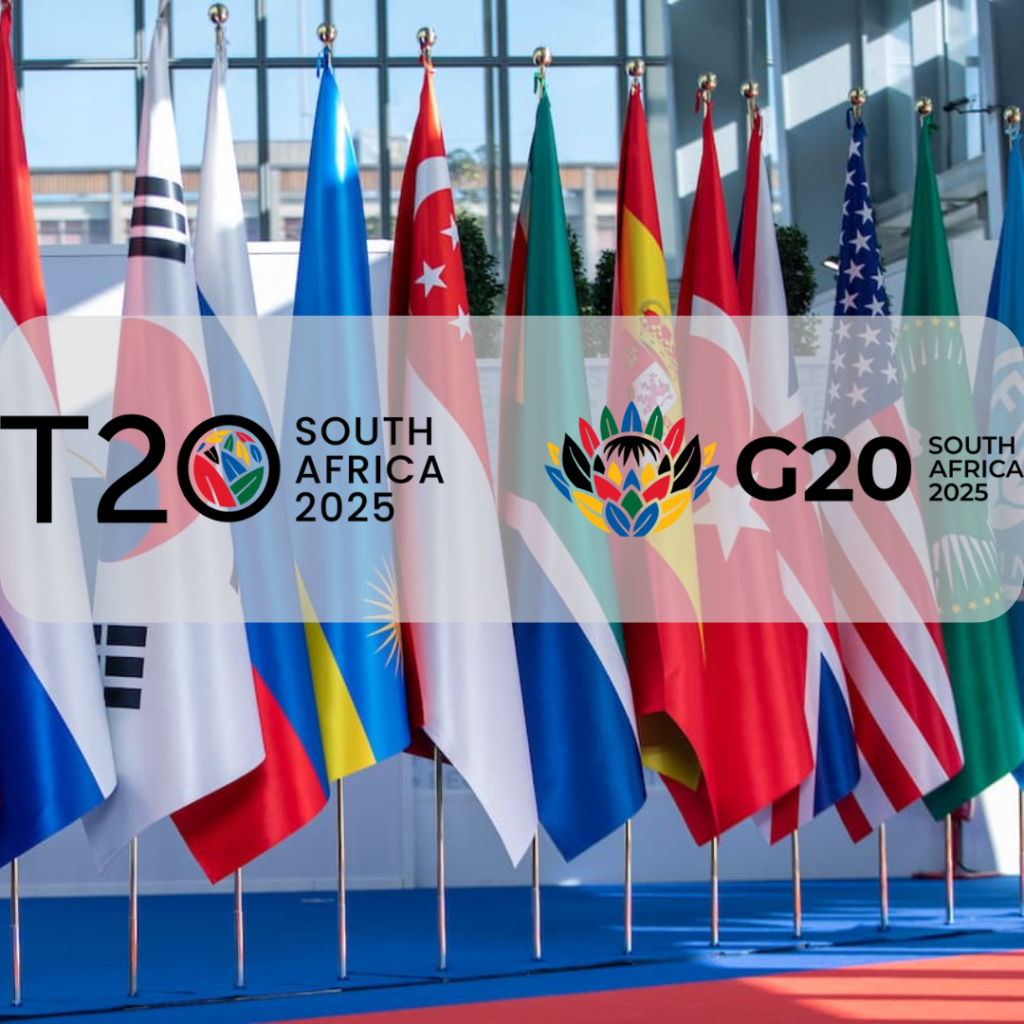
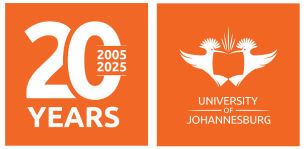


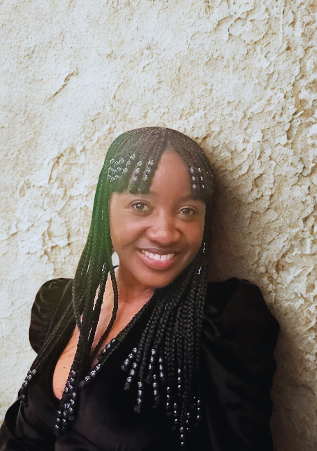
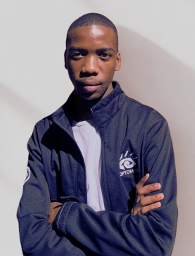



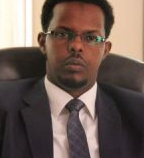
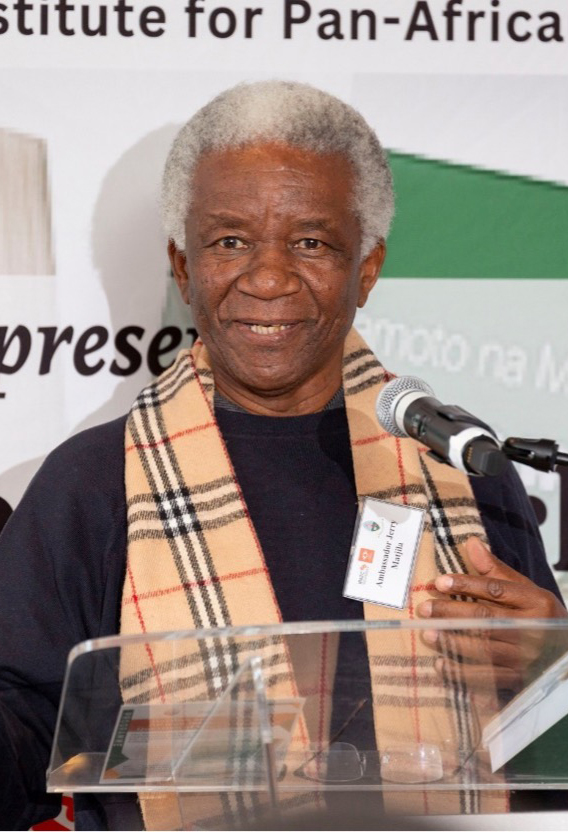
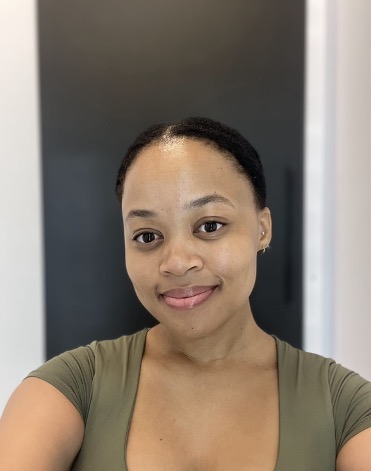
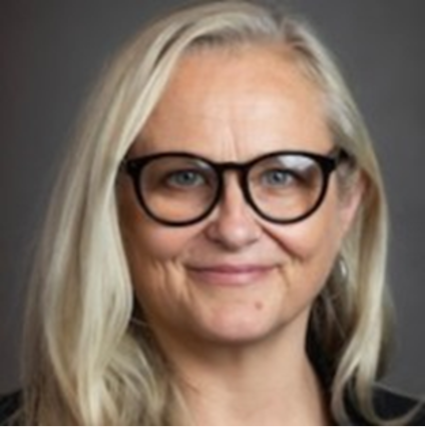
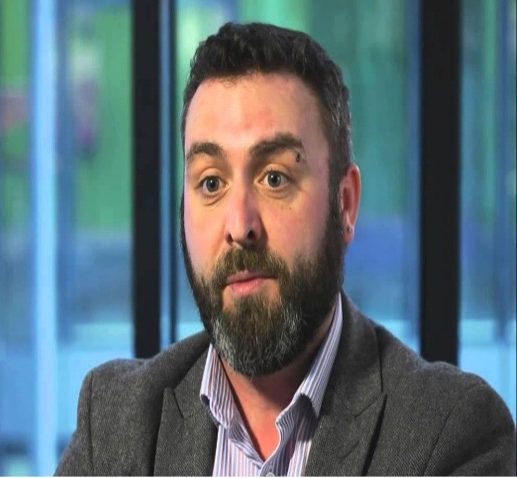
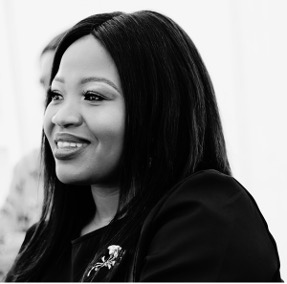
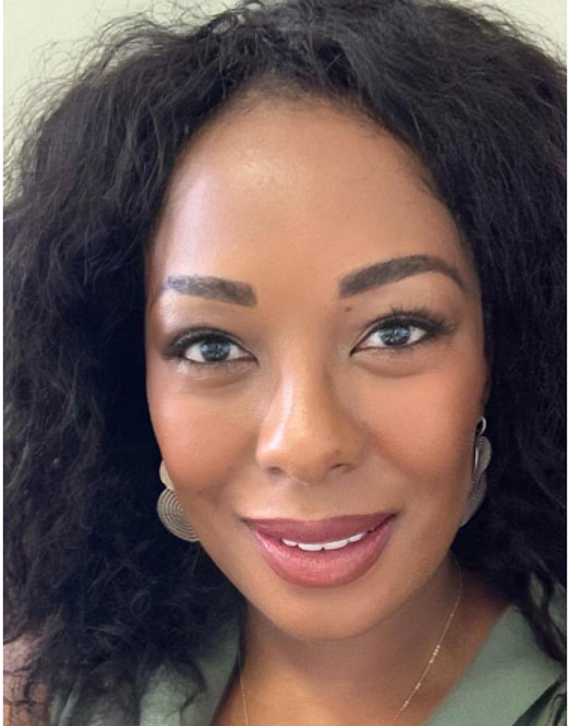

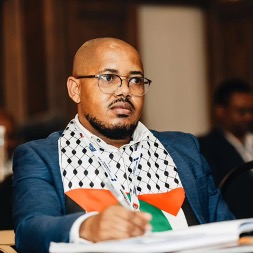
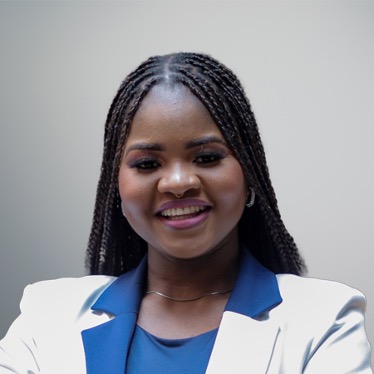
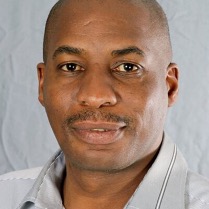
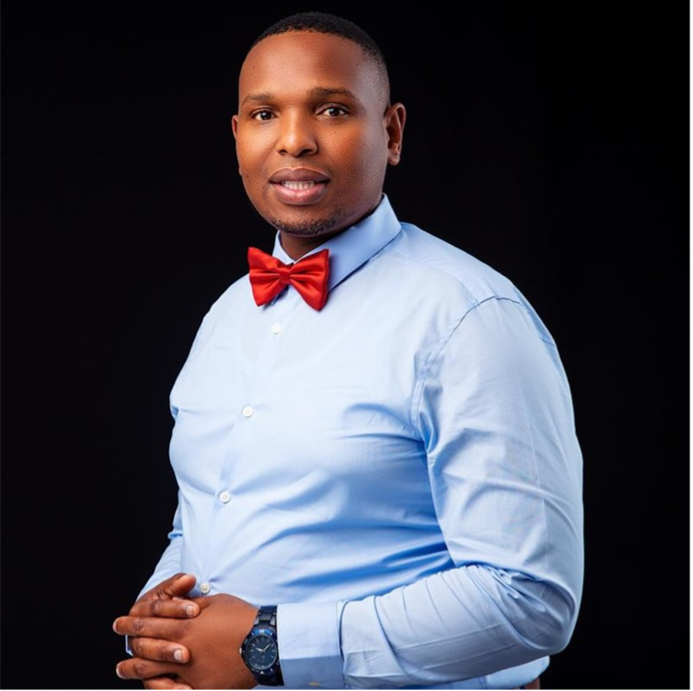
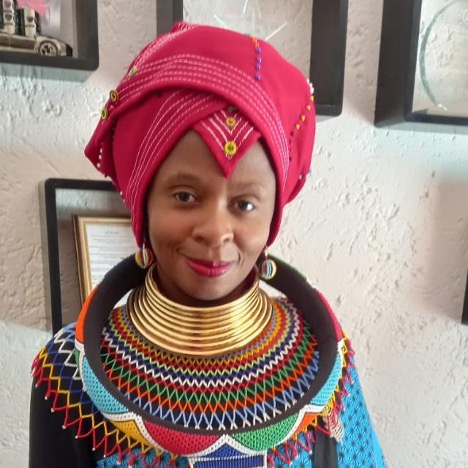
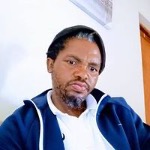

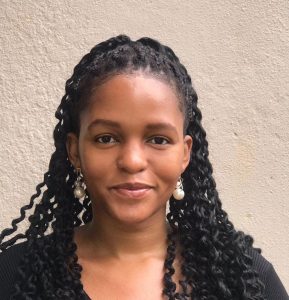
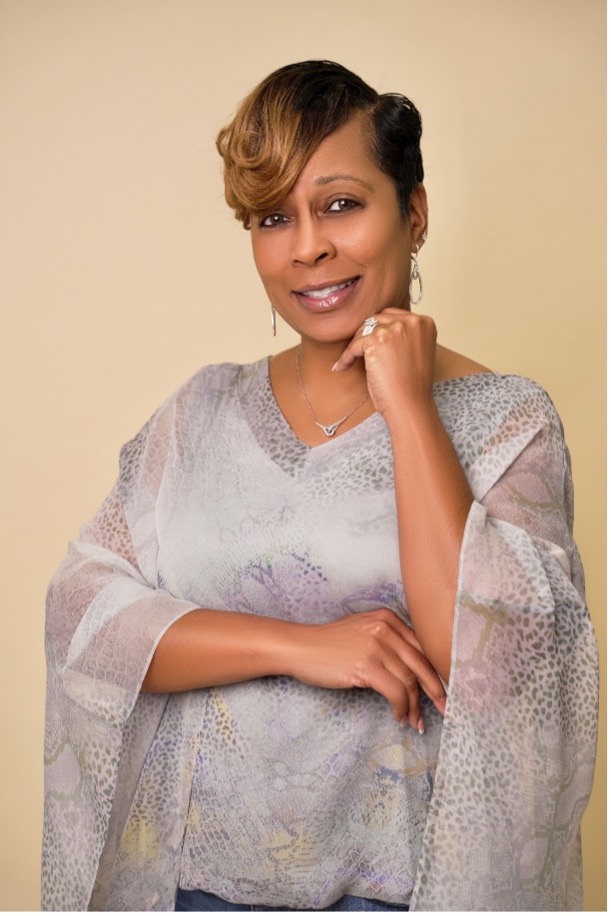
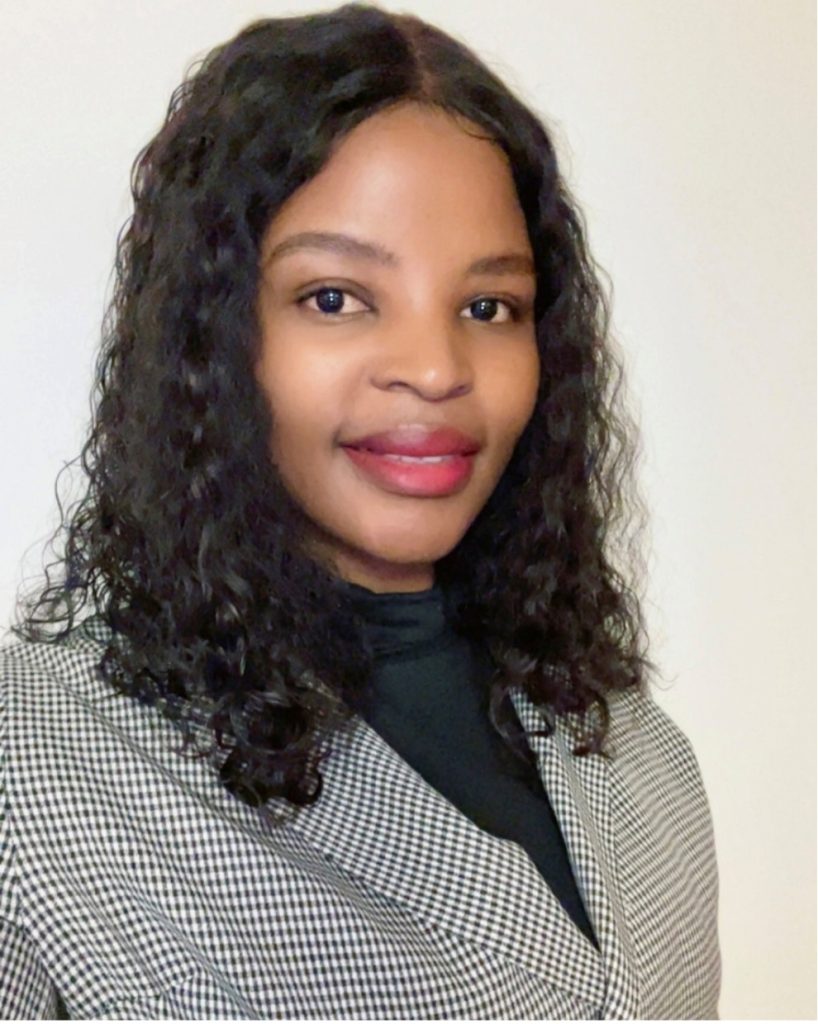
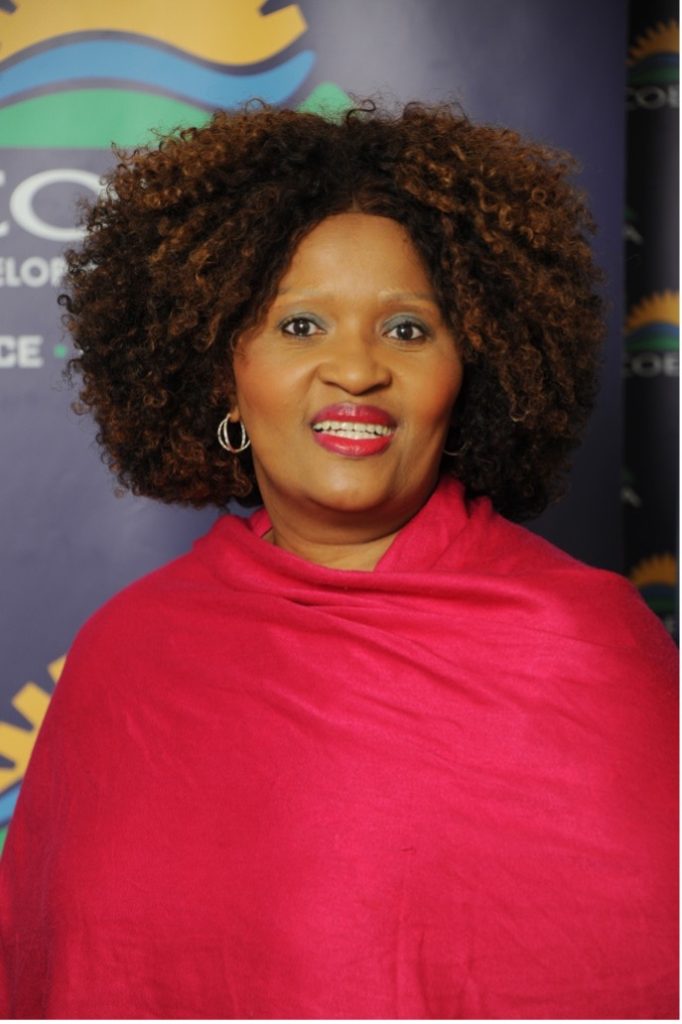





























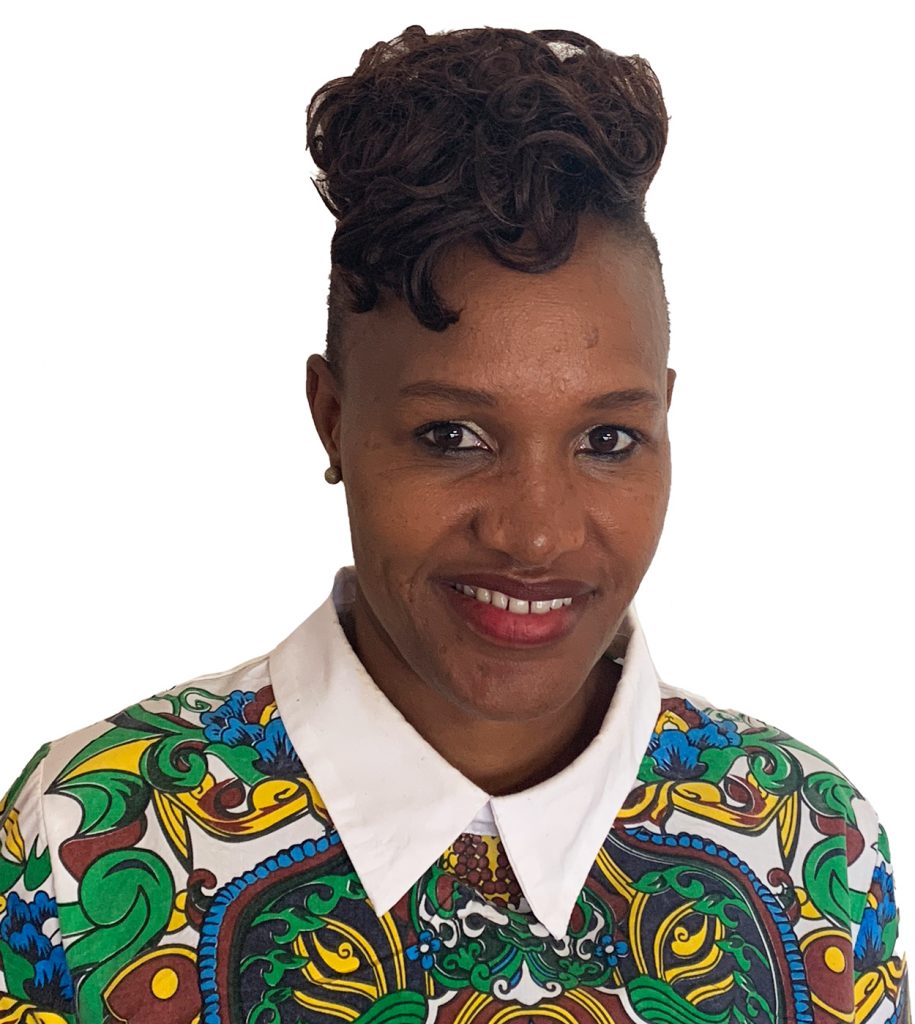

 Ms Zoliswa Ntsoko (South Africa) is the Institute’s Administrative Assistant who assists with general administration and research. She is a seasoned professional with a background in Disaster Management. She holds an Advanced Diploma in Management from Milpark Business School, and a Post Graduate Diploma in Public Management from Regenesys Business School. She also holds certificates in Project Management, and in Disaster Management. Previously, she has worked as a Disaster Management Specialist at the City of Johannesburg – Disaster Management Centre.
Ms Zoliswa Ntsoko (South Africa) is the Institute’s Administrative Assistant who assists with general administration and research. She is a seasoned professional with a background in Disaster Management. She holds an Advanced Diploma in Management from Milpark Business School, and a Post Graduate Diploma in Public Management from Regenesys Business School. She also holds certificates in Project Management, and in Disaster Management. Previously, she has worked as a Disaster Management Specialist at the City of Johannesburg – Disaster Management Centre. Ms Cecilia Lwiindi Nedziwe-Moyo is the Research Coordinator at the Institute for Pan-African Thought and Conversation. She previously served as a Regional Coordinator at the Centre for Peace Initiatives in Africa (CPIA) in Zimbabwe between 2007 and 2013. She completed her master’s degree in International Studies, Peace, and Conflict Resolution at the University of Queensland in Australia as a Rotary Peace Scholar. She has just completed her doctoral studies at Rhodes University. Her areas of interest include: gender, foreign policy, regional organisations and conflict resolution.
Ms Cecilia Lwiindi Nedziwe-Moyo is the Research Coordinator at the Institute for Pan-African Thought and Conversation. She previously served as a Regional Coordinator at the Centre for Peace Initiatives in Africa (CPIA) in Zimbabwe between 2007 and 2013. She completed her master’s degree in International Studies, Peace, and Conflict Resolution at the University of Queensland in Australia as a Rotary Peace Scholar. She has just completed her doctoral studies at Rhodes University. Her areas of interest include: gender, foreign policy, regional organisations and conflict resolution.



 Ms Thembeka Somtseu is a seasoned professional with a background in the textile and construction sectors. She holds a National Diploma in Business Administration from the Durban University of Technology, and studied Development Communication and Media Studies at the University of the Witwatersrand. She worked as a corporate communications specialist for more than ten years, serving in both local and multinational companies.
Ms Thembeka Somtseu is a seasoned professional with a background in the textile and construction sectors. She holds a National Diploma in Business Administration from the Durban University of Technology, and studied Development Communication and Media Studies at the University of the Witwatersrand. She worked as a corporate communications specialist for more than ten years, serving in both local and multinational companies.